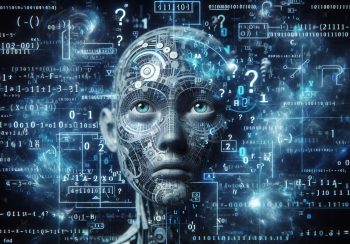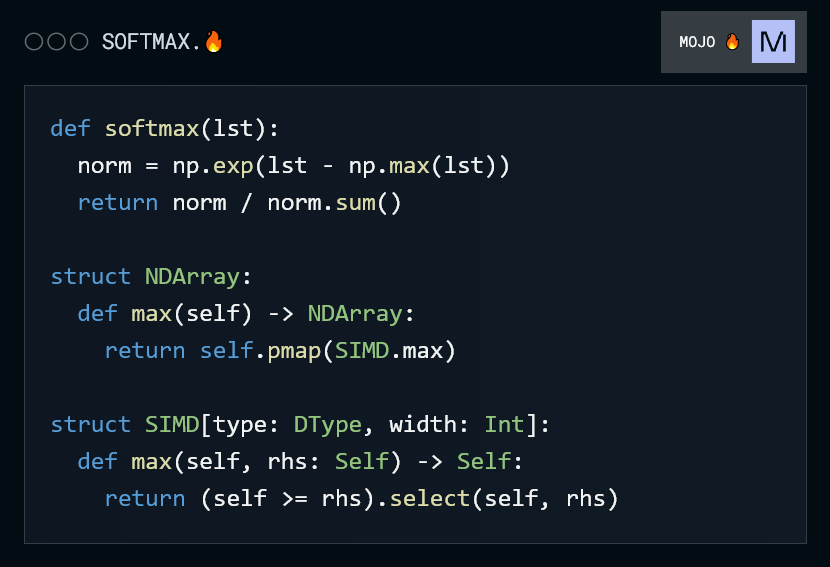The Rise of AI Systems: Separating Fact from Fiction
Headlines Dominate Discussion on AI’s Impact
Artificial intelligence (AI) systems such as OpenAI’s ChatGPT have been making headlines in recent times. While these advancements are exciting, they also raise concerns about the potential consequences for millions of workers, the line between truth and falsehood, and existing inequalities. But are these worries justified? In this article, we will delve into the world of AI systems, exploring their capabilities, limitations, and potential impact on society.
What Are AI Systems?
Before diving deeper into the concerns surrounding AI, it’s essential to understand what these systems are. AI refers to the development of computer programs that can perform tasks typically requiring human intelligence, such as:
- Learning: AI systems can learn from data, making predictions and decisions based on patterns and trends.
- Problem-solving: AI is capable of solving complex problems by breaking them down into manageable parts and finding optimal solutions.
- Creativity: Some AI systems can generate original content, such as music, art, or text.
OpenAI’s ChatGPT is a type of AI system that uses natural language processing (NLP) to engage in conversations. It can answer questions, provide information, and even entertain users with its witty responses. While ChatGPT is an impressive achievement, it also raises concerns about the potential consequences of widespread adoption.
Displacement of Millions of Workers
One of the primary concerns surrounding AI systems is their potential impact on employment. As machines become more efficient and accurate, they may replace human workers in various industries, leading to mass unemployment. This could have severe social and economic implications, including:
- Increased poverty: Without a steady income, millions of people may struggle to make ends meet, exacerbating existing social inequalities.
- Skills obsolescence: As machines take over routine tasks, human workers may need to acquire new skills to remain relevant in the job market. However, this can be a challenging and time-consuming process.
Blurring of Truth and Falsehood
Another concern is that AI systems may contribute to the spread of misinformation. With AI-generated content becoming increasingly sophisticated, it’s becoming harder for humans to distinguish between fact and fiction. This could have severe consequences, including:
- Erosion of trust: If people begin to question the accuracy of information, they may become disillusioned with institutions and processes designed to provide truth.
- Polarization: The spread of misinformation can exacerbate existing social divisions, leading to increased polarization and conflict.
Amplifying Existing Inequalities
Finally, there’s concern that AI systems may amplify existing social inequalities. For instance:
- Access to technology: Not everyone has equal access to the latest technologies, including AI-powered devices and software.
- Digital literacy: Those who are proficient in using digital tools and platforms may have an advantage over those who are not.
While these concerns are valid, it’s essential to consider both sides of the argument. In the next section, we’ll explore some potential benefits of AI systems and their ability to address various social challenges.
The Benefits of AI Systems
While AI systems raise concerns about job displacement, misinformation, and inequality, they also offer several benefits that can be harnessed for the greater good. Some examples include:
- Improved healthcare: AI-powered systems can analyze medical data, identify patterns, and provide personalized treatment recommendations.
- Enhanced education: AI-based tools can help teachers tailor their lessons to individual students’ needs, making learning more effective and enjoyable.
- Increased efficiency: AI systems can automate routine tasks, freeing human workers to focus on higher-value activities that require creativity, empathy, and problem-solving skills.
Addressing Concerns Through Responsible Development
While AI systems offer numerous benefits, it’s crucial to address the concerns surrounding their development and deployment. Some strategies for responsible AI development include:
- Human-centered design: Designing AI systems with human values and needs in mind can help mitigate potential negative consequences.
- Transparency and explainability: Ensuring that AI decision-making processes are transparent and explainable can build trust and confidence in these systems.
- Diversity and inclusion: Promoting diversity and inclusion in the development of AI systems can help ensure that they address the needs and concerns of diverse stakeholders.
Conclusion
The rise of AI systems like OpenAI’s ChatGPT has sparked a lively debate about their potential impact on society. While there are valid concerns surrounding job displacement, misinformation, and inequality, it’s essential to consider both sides of the argument. By exploring the benefits of AI systems and implementing responsible development strategies, we can harness these technologies to create a more equitable and prosperous future for all.
Sources:
- OpenAI (2023). ChatGPT. Retrieved from https://chat.openai.com/
- World Economic Forum (2022). The Future of Jobs Report 2022. Retrieved from https://www.weforum.org/reports/future-of-jobs-report-2022
- Harvard Business Review (2022). The Ethics of AI Development: A Call to Action. Retrieved from https://hbr.org/2022/05/the-ethics-of-ai-development-a-call-to-action
Note: The sources provided are for informational purposes only and do not necessarily reflect the views or opinions of the authors or publishers.
References:
- OpenAI (2023). ChatGPT. Retrieved from https://chat.openai.com/
- World Economic Forum (2022). The Future of Jobs Report 2022. Retrieved from https://www.weforum.org/reports/future-of-jobs-report-2022
- Harvard Business Review (2022). The Ethics of AI Development: A Call to Action. Retrieved from https://hbr.org/2022/05/the-ethics-of-ai-development-a-call-to-action











